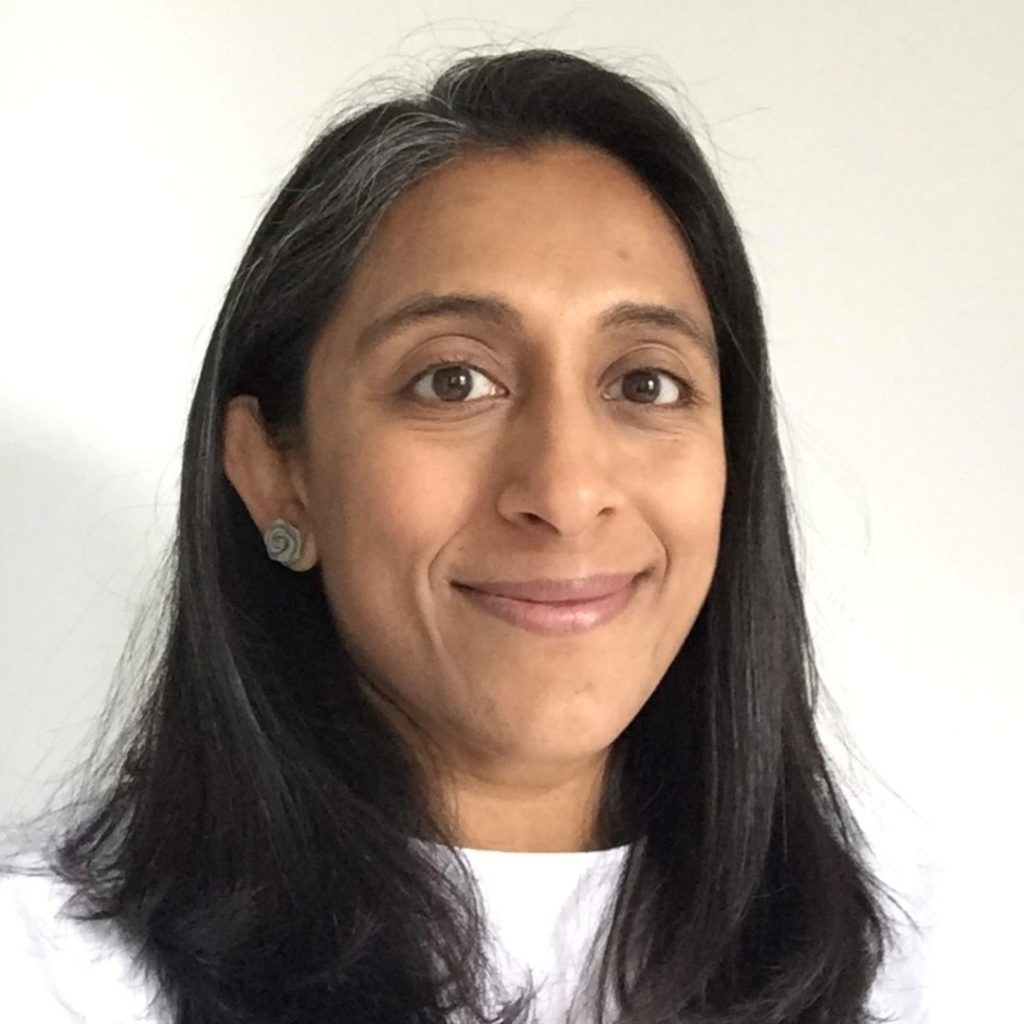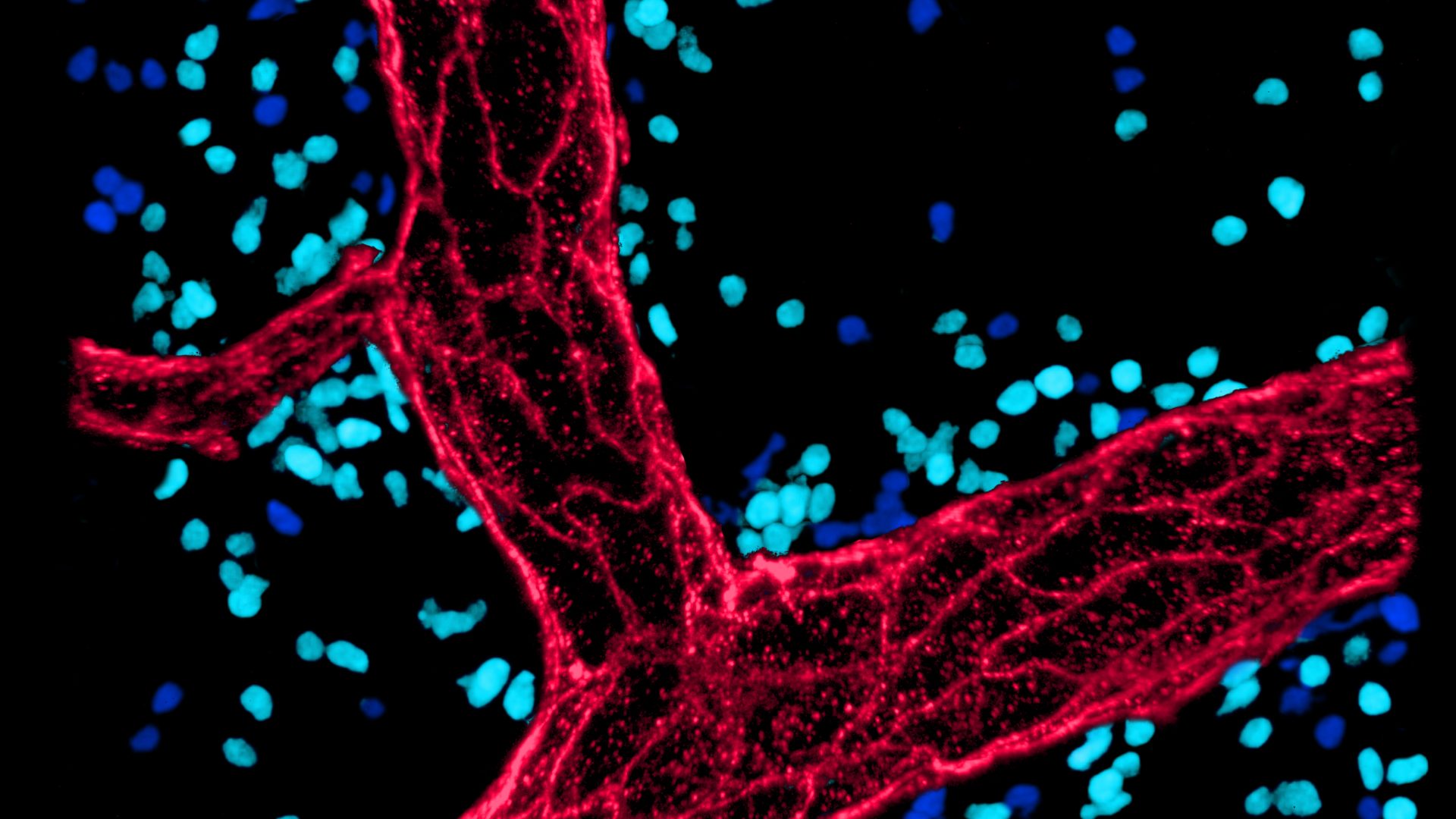
Dr Tamara Suaris
“I am very grateful to Barts Charity for funding my research. Early diagnosis can save lives and I hope my research adds to the body of evidence for CESM.”Dr Tamara Suaris, consultant radiologist at St Bartholomew’s Hospital

This Breast Cancer Awareness month we’re shining a light on Dr Tamara Suaris and her important breast cancer research work.

Dr Tamara Suaris
“I am very grateful to Barts Charity for funding my research. Early diagnosis can save lives and I hope my research adds to the body of evidence for CESM.”Dr Tamara Suaris, consultant radiologist at St Bartholomew’s Hospital